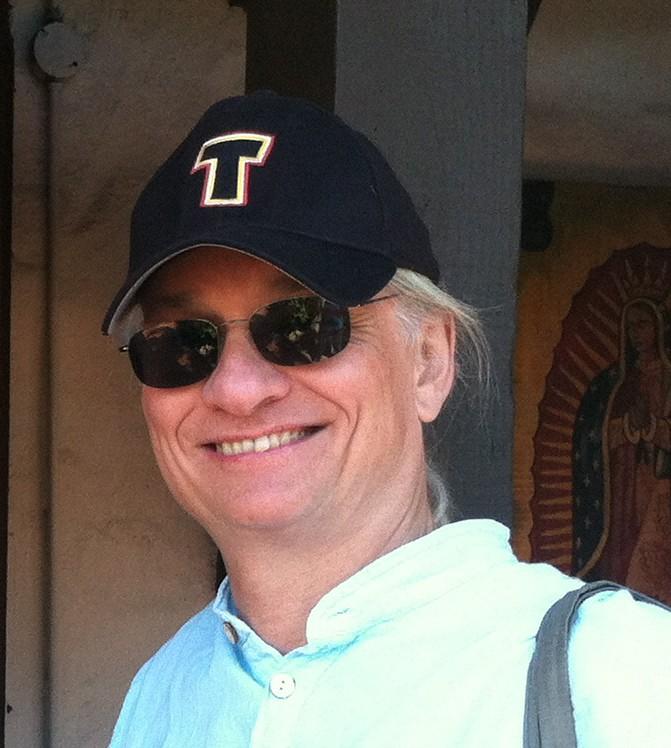Philosophy, politics, economics and law are four intensive areas of study that are offered as majors at the UA. For those who want to do it all, there is the PPEL program.
PPEL is an interdisciplinary program that is present at a number of schools across the country. PPEL programs were created within the last 20 years at colleges across the country to re-establish the connection between philosophical questioning, political science, economic studies, law and justice. The UA began its department about five years ago.
“In PPEL we try to show how many questions regarding economics, political life, legislation and justice cannot be effectively separated,” said Gerald Gaus, a philosophy professor and PPEL director.
Gaus explained that in the 19th century, economics was known as political economy and scholars in the field studied the relationships between the two facets of society, while also incorporating questions about law and justice. Within the last century, however, politics and economics have been studied as separate entities, which can limit the full understanding of the intricacies of these systems.
The overlap allows students to study the big picture, which not only gives them a deeper understanding of each subject, but also gives them the skills needed to go into a variety of fields after graduation.
“We find that students come in with interests in all these areas and sometimes have a hard time choosing,” said Laura Howard, PPEL student advisor. “[PPEL] gives them the opportunity to get a broader grounding in academic disciplines that will prepare them for [various careers].”
Gaus is a perfect example of this overlap. Although he received his bachelor’s degree, master’s degree and doctorate in political science, he was a philosophy professor at multiple universities around the world. He has been teaching at the UA for the last 10 years and is currently teaching a course on the history of economic thought.
The first two years of the PPEL program begin with the fundamental classes in each of the four disciplines. This allows students to develop a solid understanding of the subjects before looking into how they interact.
In their junior and senior years, students take seven PPEL core courses, including Democracy and Social Choice or Economic Analyses in Philosophy and Politics. Each class is taught by a professor who specializes in the course’s specific area of study and is a mix of theoretical and analytical study of the topic.
The PPEL program prides itself on the small sizes of the core classes, which do not exceed 30 students.
“The small class sizes gives them a spectacular opportunity to interact with very distinguished senior faculty members,” Howard said.
While the program provides students with a broad understanding of the four subjects, to graduate with a degree they must choose one of the disciplines as their area of concentration and complete an additional 12 units in that discipline.
Despite the major’s being around for such a short time, students have found success after graduating.
After graduation each year, between 25 and 50 percent of PPEL students pursue master’s degrees in areas such as political economy, public policy and political science.
For those who want to begin their careers after earning a bachelor’s degree in PPEL, the possibilities seem endless. From public relations firm consultants to human trafficking investigators to campaign director’s assistants, PPEL graduates are found everywhere because of their familiarities with multiple disciplines.
Not only does this allow students to find a job they are passionate about, but it also gives them extra security in the job search that a specialized degree might not have.
“My daughter graduated with honors in her law school class, but after five years gave it up to pursue graduate work in philosophy,” Gaus said. “Students should look to majors that teach them a wide and deep set of analytical tools, with emphasis on writing and independent research-—majors that position them to take a variety of paths after graduation and beyond.”
Follow Victoria Pereira on Twitter.









